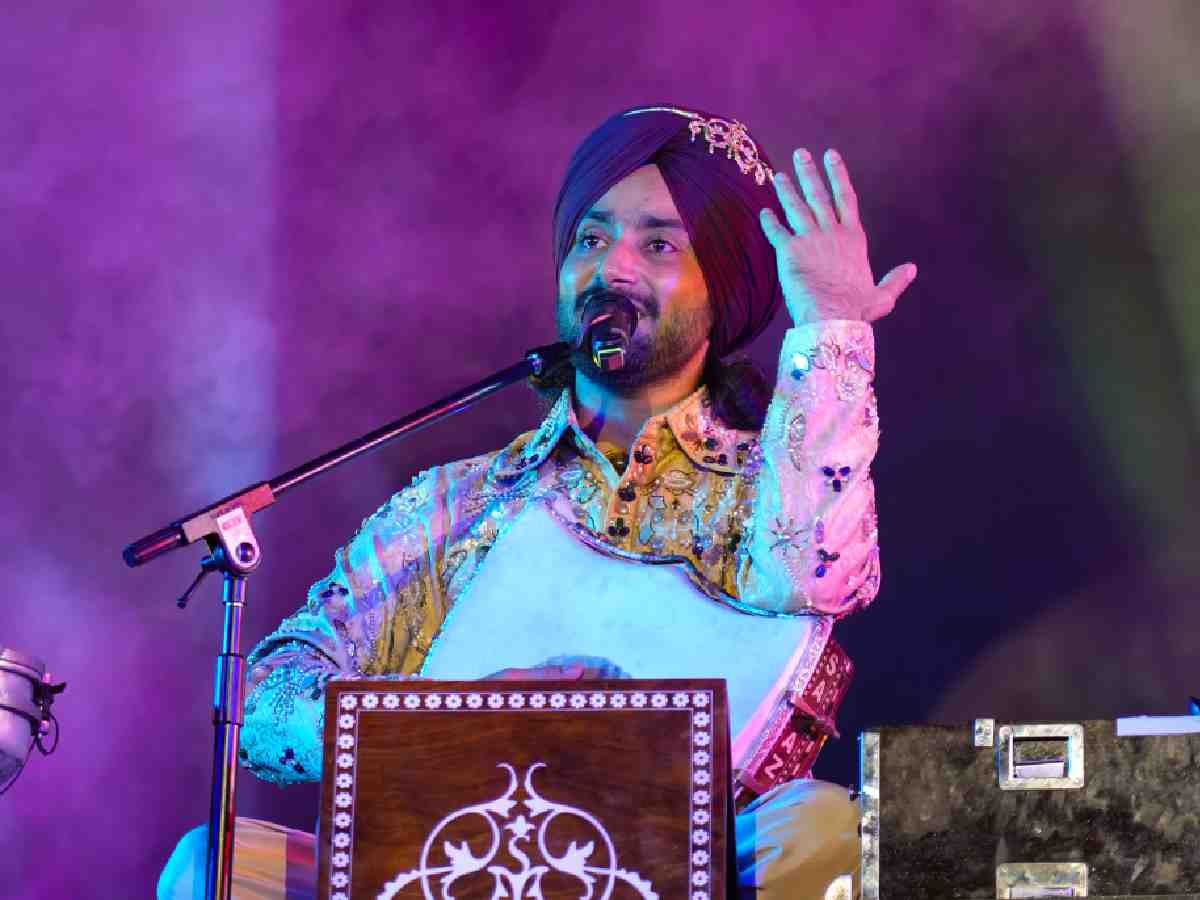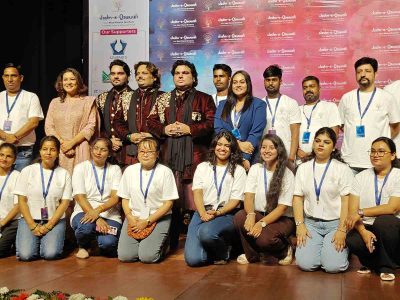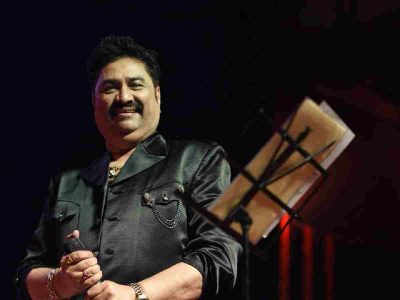Punjabi songwriter, singer, composer, and poet Satinder Sartaaj believes that Sufi music transcends language and geography because it speaks the universal language of the heart.
“Whether you are in Punjab, Paris, or Peru, the longing for love and union is the same,” said Sartaaj. “I have performed across continents, and I have seen tears in the eyes of people who do not even understand the language. That is the magic of Sufi music as it touches the soul without translation.”
The 42-year-old singer said that the essence of Sufism continues to resonate deeply, even in today’s fast-paced world.
“Maybe not always in the traditional way, but the essence of Sufism—love, unity, peace, and surrender—is something people are still longing for. The world is fast, chaotic, and people are in search of depth and meaning,” he said. “Sufism offers that inner stillness, that connection with the divine, which transcends religion and borders.”
Writing from the heart
When asked why his lyrics often carry a deep, philosophical tone, Sartaaj explained that he sees music as a spiritual tool, not just a form of entertainment.
“Because I believe music is not just for entertainment but it is a means to elevate the soul,” he said. “I come from a background of Punjabi literature and classical poetry. My inspiration comes from Baba Bulleh Shah and other great Sufi poets. Their words were not just poetry but they were divine experiences written in verse. I try to carry forward that legacy in a contemporary way.”
His approach to songwriting, he added, is meditative and grounded in observation.
“I do not write to create a hit song. I write to express an inner truth,” he said. “I read Sufi poetry, Persian literature, Gurbani, sometimes even Western philosophy. But more than anything, I observe. Nature, people, silence—they all become my texts. The heart must be open, then words flow on their own.”
The grace of Urdu and the spirit of Sufism
Sartaaj, who starred in the film The Black Prince, calls Urdu a language of love and nazakat (grace).
“It beautifully blends with the spiritual essence of Sufism,” he said. “In my writing, I use Urdu where it feels organic—where the meaning becomes more layered. Punjabi and Urdu have walked hand in hand historically, especially in the poetry of Sufi saints. So, the scope is both emotional and linguistic.”
Balancing two art forms
Speaking on how he balances his careers in music and acting, Sartaaj said it requires discipline and devotion.
“Singing is my soul and acting is my expression,” he said. “When I act, I become a character but when I sing, I dissolve myself. Both art forms help me explore human emotions in different ways. But yes, I make sure that neither is done superficially. I only choose projects where I feel a deeper connection.”
A special bond with Delhi
Sartaaj, who frequently visits Delhi, said the Capital has always embraced him warmly.
Also Read: Hardika Sharma: The child who’s not afraid of chasing big dreams
“It is a city that understands both classical depth and contemporary vibes. The audience is discerning, but also very emotional,” he said. “When I perform in Delhi, I feel a certain intimacy even in large venues. It is like sharing a mehfil (gathering) with old friends who understand your silences as much as your words.”





